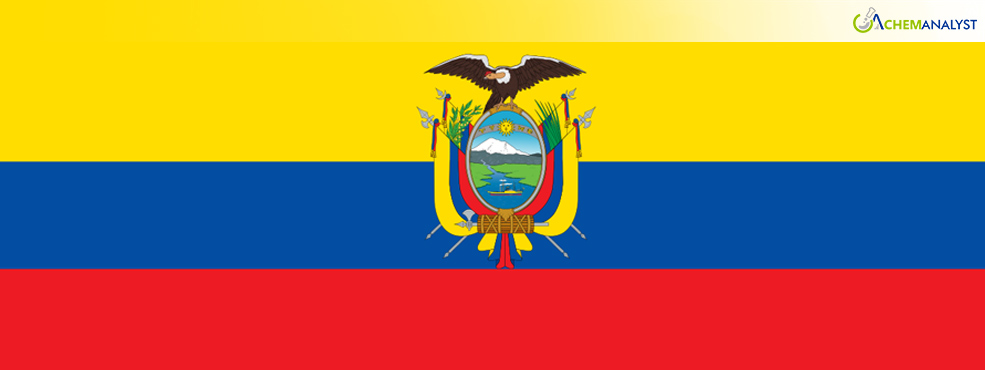Welcome To ChemAnalyst

Ecuador’s President Daniel Noboa Azin announced on Monday, February 3 that his government will implement a 27% tariff on Mexican goods in a move aimed at ensuring fair treatment for Ecuadorian companies.
In a statement posted on X (formerly known as Twitter), President Noboa expressed that while he is in favor of promoting more trade with other countries, including a potential free trade deal with Mexico, he cannot accept “abuse” in the absence of an agreement. “We reaffirm our position to sign a Free Trade Agreement with Mexico. But, until that happens and becomes a reality, we will apply a 27% tariff to the products we import, with the aim of promoting our industry and ensuring fair treatment for our producers,” he wrote in his post.
In 2022, Ecuador imported $668 million worth of products from Mexico. It is a major importer of Mexican packaged medicines, cars, vegetables and crude petroleum.
The move marks a significant escalation in tensions between Ecuador and Mexico. Last year, the two nations’ diplomatic relations deteriorated when President Noboa authorized a raid on the Mexican embassy in Quito to arrest a former Ecuadorian vice president. This high-profile incident sparked outrage in Mexico, which led to the severance of diplomatic ties between the two nations.
President Noboa’s announcement coincides with Ecuador’s upcoming general elections, set for Sunday. Noboa, who is seeking re-election, faces a pivotal moment in his political career. The tariff measure, which is expected to impact a wide range of Mexican goods, including food products and manufactured items, is likely to resonate with Ecuadorian voters who are concerned about national sovereignty and fair trade practices. Noboa’s stance is also seen as part of his broader economic agenda to protect Ecuadorian businesses from what he perceives as unfair competition in global trade.
The imposition of the 27% tariff is set to affect various sectors in both nations. Mexican exporters may face increased costs and a reduction in demand for their goods in Ecuador, while Ecuadorian consumers could experience price hikes on products imported from Mexico. The tariffs could also disrupt supply chains, further complicating trade between the two countries.
Ecuador’s move comes as the nation seeks to navigate its own economic challenges, including inflation and budgetary pressures, while also asserting its stance on international trade relations. For Mexico, the imposition of the tariffs is yet another hurdle in its ongoing negotiations and dealings with South American countries.
We use cookies to deliver the best possible experience on our website. To learn more, visit our Privacy Policy. By continuing to use this site or by closing this box, you consent to our use of cookies. More info.
